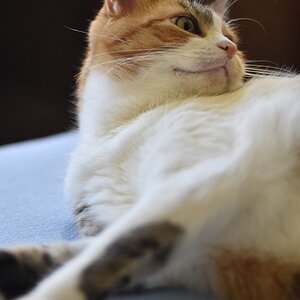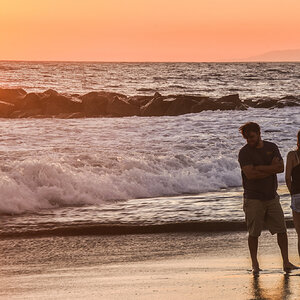KibblesNbitz
TPF Noob!
- Joined
- May 30, 2010
- Messages
- 60
- Reaction score
- 0
- Location
- New Jersey
- Can others edit my Photos
- Photos NOT OK to edit
Well, about two weeks ago I got back from a 10 day vacation to North Carolina. It was incredibly relaxing, and the people are so much nicer than here in New Jersey  Anyways, I literally just finished going through and editing my vacation pictures. I do a lot of wildlife photography, and North Carolina was amazing for that....Some of the pics are from NJ just before I left, that I just wanted to share, but most are from NC! Every single picture was taken with my new Nikon 300mm f/4 lens with 1.4x teleconverter attached for those who are curious...
Anyways, I literally just finished going through and editing my vacation pictures. I do a lot of wildlife photography, and North Carolina was amazing for that....Some of the pics are from NJ just before I left, that I just wanted to share, but most are from NC! Every single picture was taken with my new Nikon 300mm f/4 lens with 1.4x teleconverter attached for those who are curious...
Be forewarned, there's lot of pics!

DSC_5770

DSC_5361

DSC_5608

DSC_5625

DSC_6429

DSC_5650

DSC_6058

DSC_5534

DSC_6832

DSC_6080

DSC_6510
Believe it or not, those were all from NJ! :lmao:
Anyways, my first day in NC, I took a small boat ferry to an undeveloped, uninhabited island. Only way to access it is by boat, and though quite a few people do stop at the pristine beaches this series of islands offers, I was after something more than just nice beaches....

DSC_7439
A large number of wild horses live on these isolated islands along the North Carolina coast. There's a few theories of where they came from, but the most popular one is that many early ships colonizing America sunk, and the horses were left to swim to the closest land possible. This makes sense because the North Carolina coast is also known as the "Graveyard of the Atlantic" because of all the shipwrecks that are located along this series of small outer banks islands. They were difficult for early mariners to see, and led to a whole lot of sunken and sand-stuck ships. Also, when trying to reduce weight, like when trying to get off a sandbar, livestock including horses were often the first things to be thrown/pushed off the ship.
Though they are wild, the horses are "freeze-branded" for research and documentation purposes. Basically its like a brand on a normal cow or horse, except they use a freezing chemical to turn the hair white. Its not painful like a standard branding, and can be done safely and quickly, which is necessary when dealing with wild horses...Their stomachs are so bloated and rounded due to the salt from the ocean. With the waves hitting the island and being surrounded by salt water in general, everything on the island becomes covered in salt, including the plants/grasses the horses eat. As with humans, when you eat so much salt you start to retain water and become bloated. This is what causes the horses stomachs to become so bloated and rounded. They adjust, and are certainly used to it though...

DSC_7280

DSC_7263

DSC_7514

DSC_7511

DSC_7512
Ah! What is that!

DSC_7513
Forget this, I'm leavin'!

DSC_7517
Will you stop eating already!

DSC_7430

DSC_7285
This shows the world of wildlife and people colliding...

DSC_7388

DSC_7208
Baby!

DSC_7618

DSC_7214

DSC_7178
Chargeee!

DSC_7319
Time for a swim!

DSC_7327
One last look back as they were leaving...

DSC_7644
Thats okay, these guys were close to where the horses were...They're White Ibises, and I found them cool because we don't have them in NJ haha...I was kneeling in the water, with the camera on a monopod about 6 inches above the water for these shots. Good thing I didn't slip or lose my grip on the camera, haha...I got soaked, but it was worth it!

DSC_7542
They spend their day digging their bill through the mud, looking for crabs and other such delicacies lol...

DSC_7541

DSC_7544

DSC_7596

DSC_7582
One of the days we went to a nice aquarium. Smallish, but packed with great exhibits!

DSC_7971
Stingray touch tank!
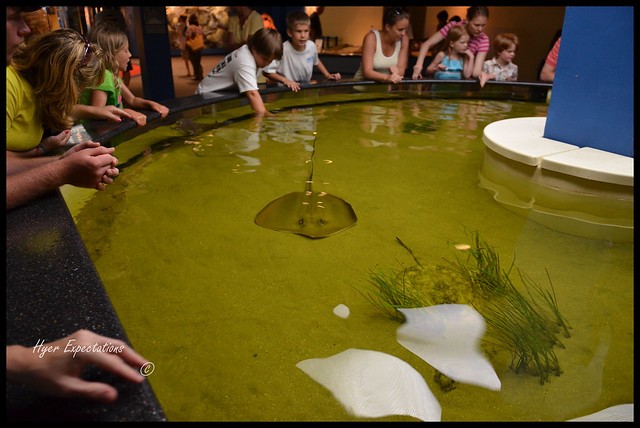
DSC_7931

DSC_7913
I really liked this exhibit. The aquarium rescues baby turtles either too weak too make it on their own or at a disadvantage and nurtures them to the juvenile/early adulthood stage before releasing them back into the wild. If unable to do so, they keep them at the aquarium in a very huge tank!

DSC_7945

DSC_7919
The ultimate riparium, complete with gars!

DSC_7918

DSC_7915

DSC_7925
Went to a nice waterfowl museum on the last day. Behind the museum they had a large pond, and it was a bird photographers paradise. Hundreds of birds flew in and out at all times, and there were even several large rookeries, where tens to hundreds of egrets and other birds rest and sleep at night.

DSC_8162 by Hyer Expectations Photography, on Flickr

DSC_8248

DSC_8542

DSC_8530

DSC_8252

DSC_8105

DSC_8124

DSC_8195

DSC_8190

DSC_8208-2

DSC_8322

DSC_8203

DSC_8469

DSC_8424

DSC_8378

DSC_8473
Well, I think that's enough, haha...let me know what you think The numbers are below the images,....critique at will!
The numbers are below the images,....critique at will!
 Anyways, I literally just finished going through and editing my vacation pictures. I do a lot of wildlife photography, and North Carolina was amazing for that....Some of the pics are from NJ just before I left, that I just wanted to share, but most are from NC! Every single picture was taken with my new Nikon 300mm f/4 lens with 1.4x teleconverter attached for those who are curious...
Anyways, I literally just finished going through and editing my vacation pictures. I do a lot of wildlife photography, and North Carolina was amazing for that....Some of the pics are from NJ just before I left, that I just wanted to share, but most are from NC! Every single picture was taken with my new Nikon 300mm f/4 lens with 1.4x teleconverter attached for those who are curious...Be forewarned, there's lot of pics!

DSC_5770

DSC_5361

DSC_5608

DSC_5625

DSC_6429

DSC_5650

DSC_6058

DSC_5534

DSC_6832

DSC_6080

DSC_6510
Believe it or not, those were all from NJ! :lmao:
Anyways, my first day in NC, I took a small boat ferry to an undeveloped, uninhabited island. Only way to access it is by boat, and though quite a few people do stop at the pristine beaches this series of islands offers, I was after something more than just nice beaches....

DSC_7439
A large number of wild horses live on these isolated islands along the North Carolina coast. There's a few theories of where they came from, but the most popular one is that many early ships colonizing America sunk, and the horses were left to swim to the closest land possible. This makes sense because the North Carolina coast is also known as the "Graveyard of the Atlantic" because of all the shipwrecks that are located along this series of small outer banks islands. They were difficult for early mariners to see, and led to a whole lot of sunken and sand-stuck ships. Also, when trying to reduce weight, like when trying to get off a sandbar, livestock including horses were often the first things to be thrown/pushed off the ship.
Though they are wild, the horses are "freeze-branded" for research and documentation purposes. Basically its like a brand on a normal cow or horse, except they use a freezing chemical to turn the hair white. Its not painful like a standard branding, and can be done safely and quickly, which is necessary when dealing with wild horses...Their stomachs are so bloated and rounded due to the salt from the ocean. With the waves hitting the island and being surrounded by salt water in general, everything on the island becomes covered in salt, including the plants/grasses the horses eat. As with humans, when you eat so much salt you start to retain water and become bloated. This is what causes the horses stomachs to become so bloated and rounded. They adjust, and are certainly used to it though...

DSC_7280

DSC_7263

DSC_7514

DSC_7511

DSC_7512
Ah! What is that!

DSC_7513
Forget this, I'm leavin'!

DSC_7517
Will you stop eating already!

DSC_7430

DSC_7285
This shows the world of wildlife and people colliding...

DSC_7388

DSC_7208
Baby!

DSC_7618

DSC_7214

DSC_7178
Chargeee!

DSC_7319
Time for a swim!

DSC_7327
One last look back as they were leaving...

DSC_7644
Thats okay, these guys were close to where the horses were...They're White Ibises, and I found them cool because we don't have them in NJ haha...I was kneeling in the water, with the camera on a monopod about 6 inches above the water for these shots. Good thing I didn't slip or lose my grip on the camera, haha...I got soaked, but it was worth it!

DSC_7542
They spend their day digging their bill through the mud, looking for crabs and other such delicacies lol...

DSC_7541

DSC_7544

DSC_7596

DSC_7582
One of the days we went to a nice aquarium. Smallish, but packed with great exhibits!

DSC_7971
Stingray touch tank!

DSC_7931

DSC_7913
I really liked this exhibit. The aquarium rescues baby turtles either too weak too make it on their own or at a disadvantage and nurtures them to the juvenile/early adulthood stage before releasing them back into the wild. If unable to do so, they keep them at the aquarium in a very huge tank!

DSC_7945

DSC_7919
The ultimate riparium, complete with gars!

DSC_7918

DSC_7915

DSC_7925
Went to a nice waterfowl museum on the last day. Behind the museum they had a large pond, and it was a bird photographers paradise. Hundreds of birds flew in and out at all times, and there were even several large rookeries, where tens to hundreds of egrets and other birds rest and sleep at night.

DSC_8162 by Hyer Expectations Photography, on Flickr

DSC_8248

DSC_8542

DSC_8530

DSC_8252

DSC_8105

DSC_8124

DSC_8195

DSC_8190

DSC_8208-2

DSC_8322

DSC_8203

DSC_8469

DSC_8424

DSC_8378

DSC_8473
Well, I think that's enough, haha...let me know what you think


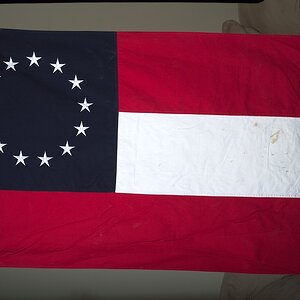
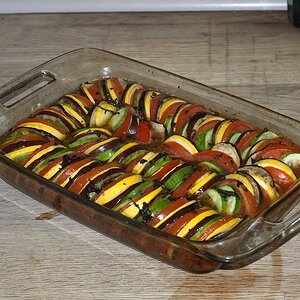
![[No title]](/data/xfmg/thumbnail/31/31702-59b5519e3c9a12b85ca69439a27f5253.jpg?1619734961)
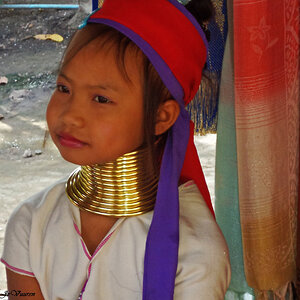
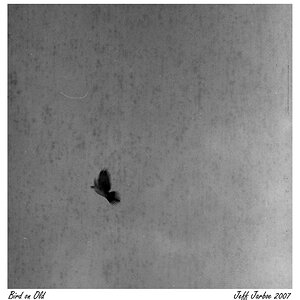
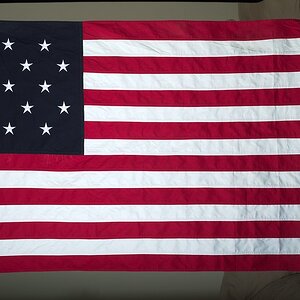
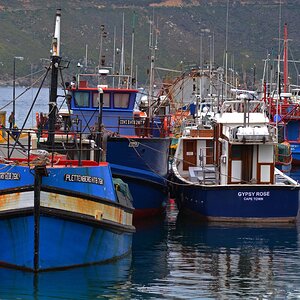
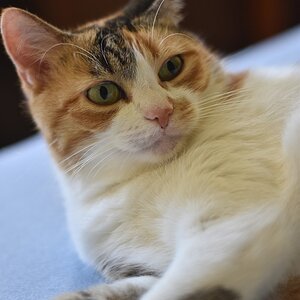
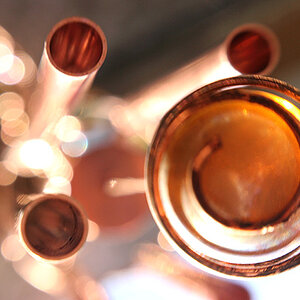
![[No title]](/data/xfmg/thumbnail/30/30866-bdfc426e8ee7e6ad63f6d751c5f288f0.jpg?1619734485)
